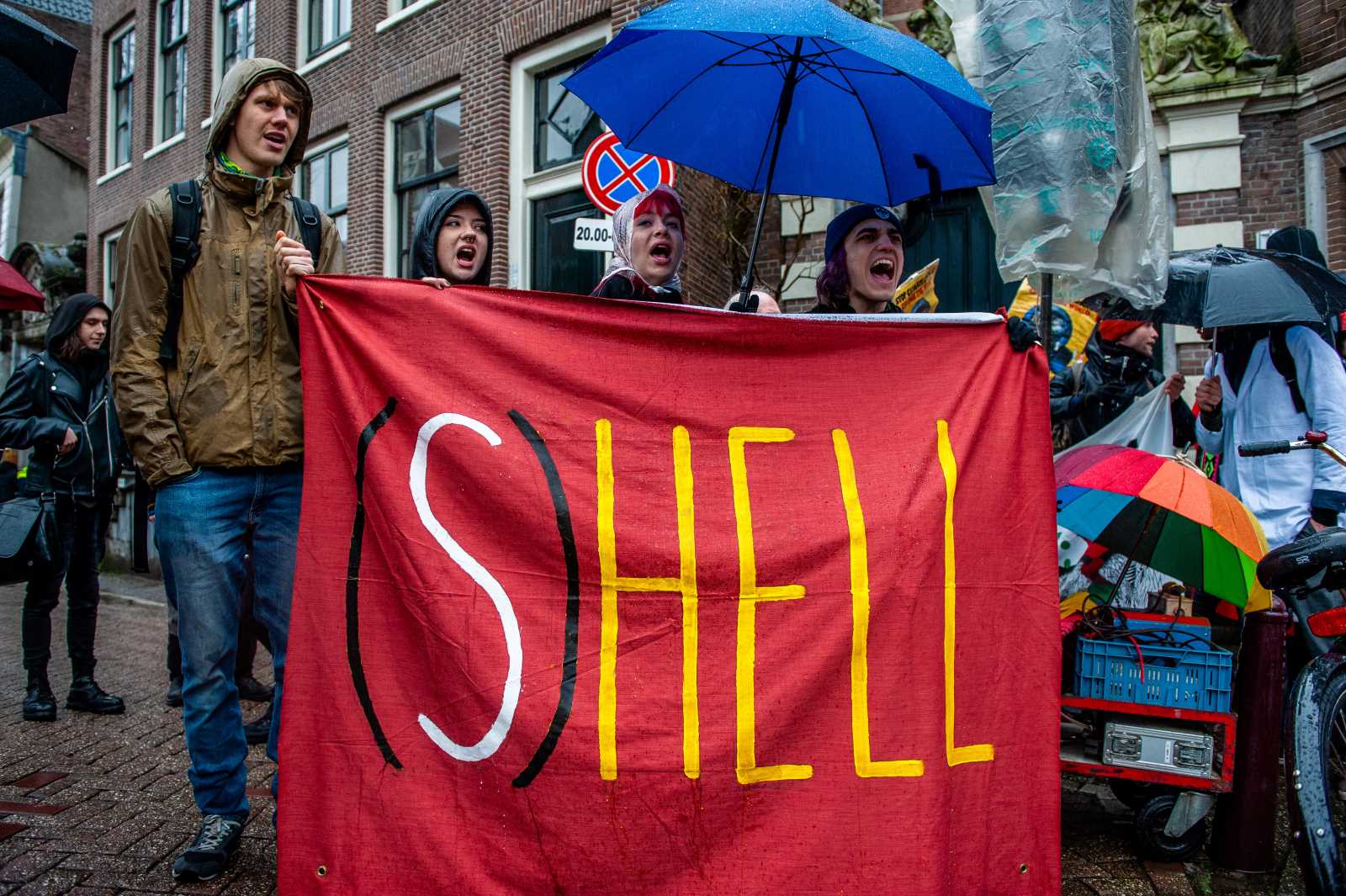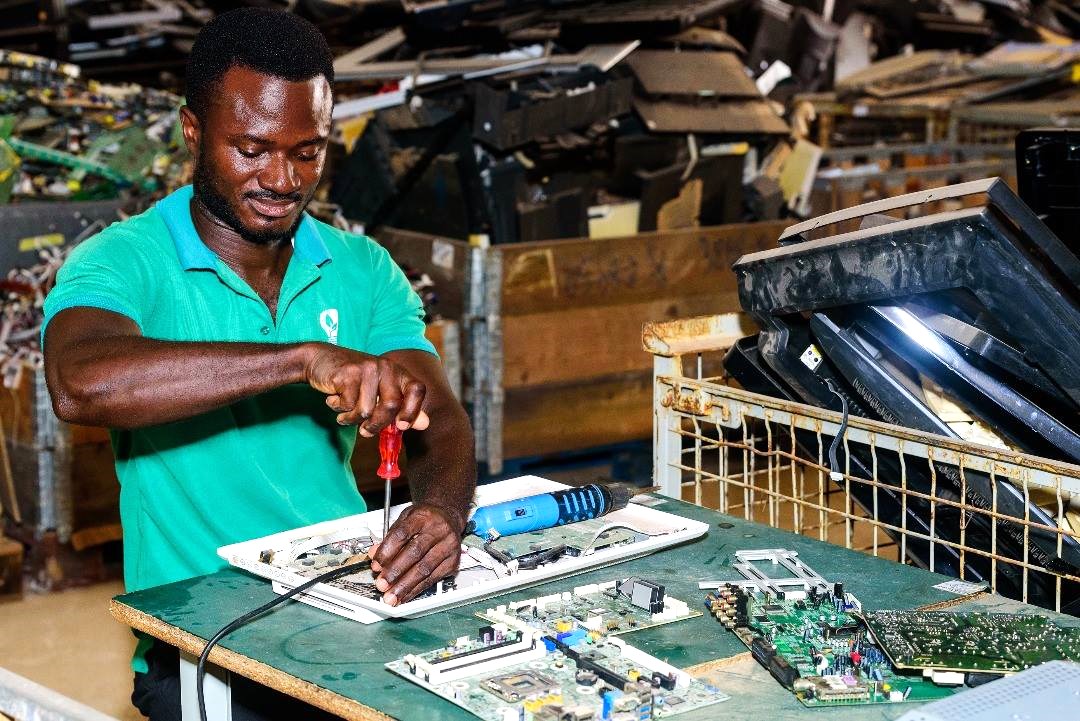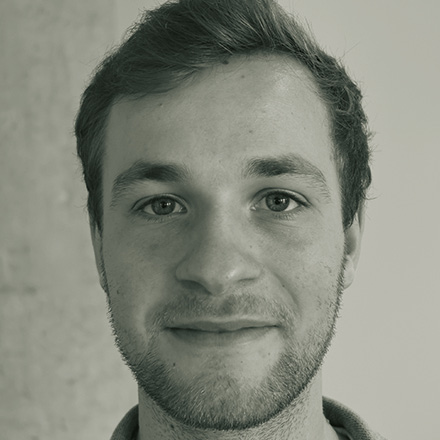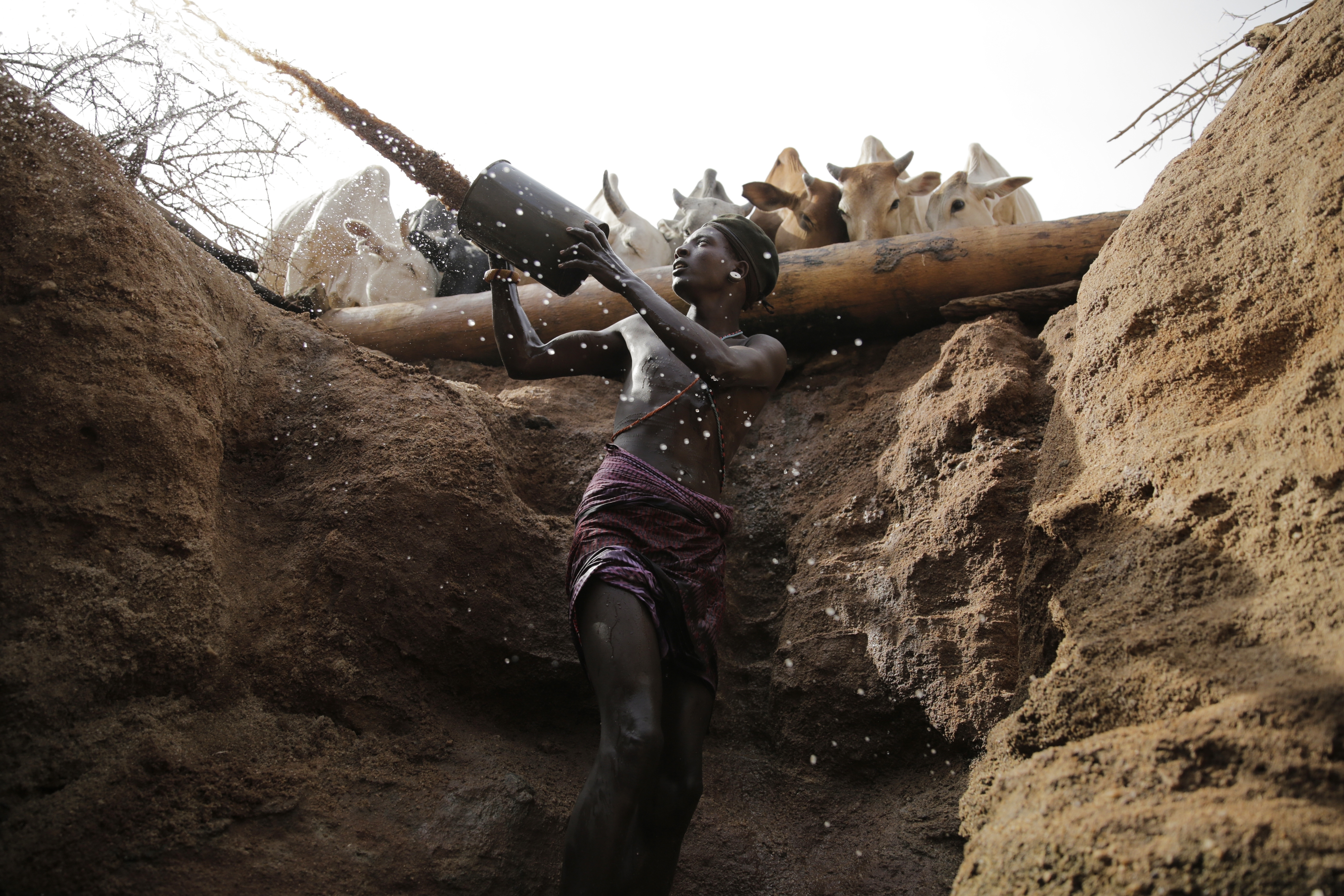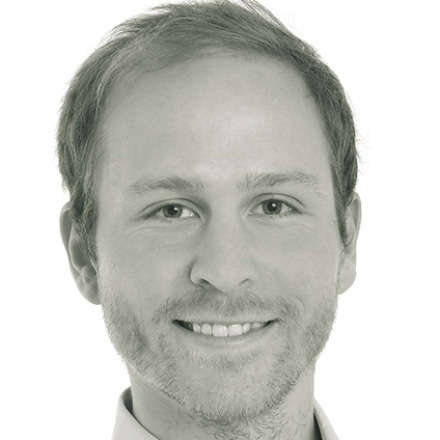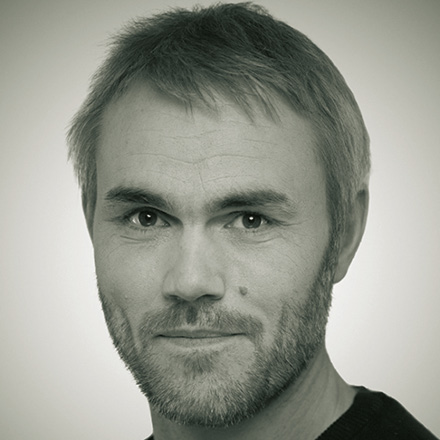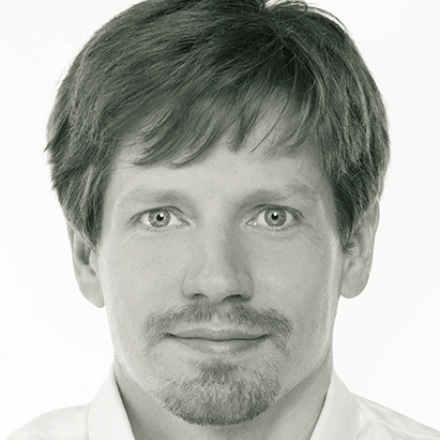Ground-breaking lawsuit
Andes farmer takes on conglomerate
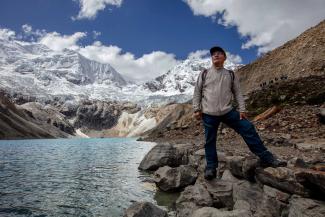
Over 50,000 residents of the Andean city of Huaraz are threatened by glacier melt. One of them is Saúl Luciano Lliuya, a farmer and mountain guide. According to data from the non-governmental organisation (NGO) Germanwatch, Lake Palcacocha, located several kilometres above Huaraz, has more than quadrupled in volume since 2003. It is now 34 times larger than it was in 1970. Climate change is raising the risk that large ice blocks will break off the glacier and fall into the lake, which would cause a destructive tidal and inundate the city with a metre of water.
Saúl Luciano Lliuya refuses to simply accept this threat. In November 2015, with support from Germanwatch, he filed a lawsuit against the energy company RWE in a German civil court. The company is one of many corporations whose business model is based on fossil fuels. RWE is one of Europe’s largest carbon emitters, and Germany’s largest. It must therefore bear some responsibility for the climate crisis in general and the flooding risk in Huaraz in particular.
Special about this lawsuit is that, for the first time, someone affected by climate change is asking a private company to contribute in the necessary protective measures. Lliuya wants RWE to fund adaptation measures at Lake Palcacocha. He wants its contribution to be commensurate with the company’s share of responsibility for the global climate crisis.
According to “Carbon Majors”, a report published by the NGO Climate Justice Programme in 2014, RWE is accountable for 0.47 percent of all greenhouse gases emitted globally since the beginning of the industrial era. According to data from Germanwatch, the construction of a levee on the Andean lake would cost around $ 4 million. Approximately half a percent of that would be $ 20,000, which would be RWE’s contribution.
Risk of a water shortage and flooding
Should RWE be unable for legal reasons to fund protective measures along the lake, the plaintiff wants the conglomerate to pay a share of the costs for the measures that are needed to protect his house from the risk of flooding. From the start, it mattered to Lliuya that the lawsuit would not only benefit him personally. He is committed to protecting his home town and its people. In future, the glacier retreat may cause water shortages too.
The activist wants to educate residents of Huarez about the existing risks. Moreover, he intends to involve them in the drafting of adaptation strategies.
Peru’s authorities should be held responsible for upholding their duties too. Ultimately, the German court case could set a precedent that others affected by climate change could invoke in court. That too would exert pressure on policymakers.
Big win after initial defeat
The Peruvian activist initially suffered a defeat. The Regional Court of Essen, Germany, dismissed his case in 2016. However, the court of next instance, the Higher Regional Court of Hamm, determined at the end of 2017 that a civil claim against RWE was possible in principle. It decided to start hearing evidence, and that was a big win for the climate movement. For the first time, judges confirmed that a private company is responsible in principle for its share of climate-related damage.
The Higher Regional Court of Hamm decided to gather evidence on-site in Huaraz. That procedure had to be postponed multiple times due to the Covid-19 pandemic. Finally, in late 2022, it became possible to make the trip, and two judges from the Higher Regional Court travelled to Peru with court-appointed experts. They wanted to determine whether the plaintiff’s house would actually be threatened by a potential tidal wave.
Concerns about a flood of lawsuits
The experts have not yet compiled their report. It will be submitted to the court and the parties, and the litigants will get time to file their responses. Quite possibly, the report will then be discussed in an oral hearing as well. According to media reports, the Higher Regional Court expects the next oral hearing to take place in the first half of 2023.
RWE is casting doubt both on its liability and the admissibility of the climate lawsuit. Before the court, its attorneys expressed the concern that this case might trigger a flood of lawsuits against private-sector companies. The corporation is trying to show that it is impossible to attribute glacier melting in the Andes to the emissions caused by an individual company. RWE is even questioning whether climate change is causing the melting. Scientists, meanwhile, have delivered new arguments in support of Lliuya. A research team from the University of Oxford has modelled the retreat of a glacier above Lake Palcacocha and the corresponding increase in the flood risk. They thus established a rather clear causal chain for a worsening flood risk in specific places due to climate change.
Climate activists have long argued that countries with high past and current emissions, as the instigators of global warming, should financially support low-income countries that are dealing with damage and losses. Companies like RWE should also bear some of the costs of the risks and damages that are being incurred as a result of their business model. The lawsuit of Saúl Luciano Lliuya is making an important facett of this international debate.
Link
Climate lawsuit website:
https://rwe.climatecase.org/de
Sabine Balk is an editor at the Frankfurter Allgemeine Zeitung and a freelance contributor to D+C/E+Z.
euz.editor@dandc.eu

